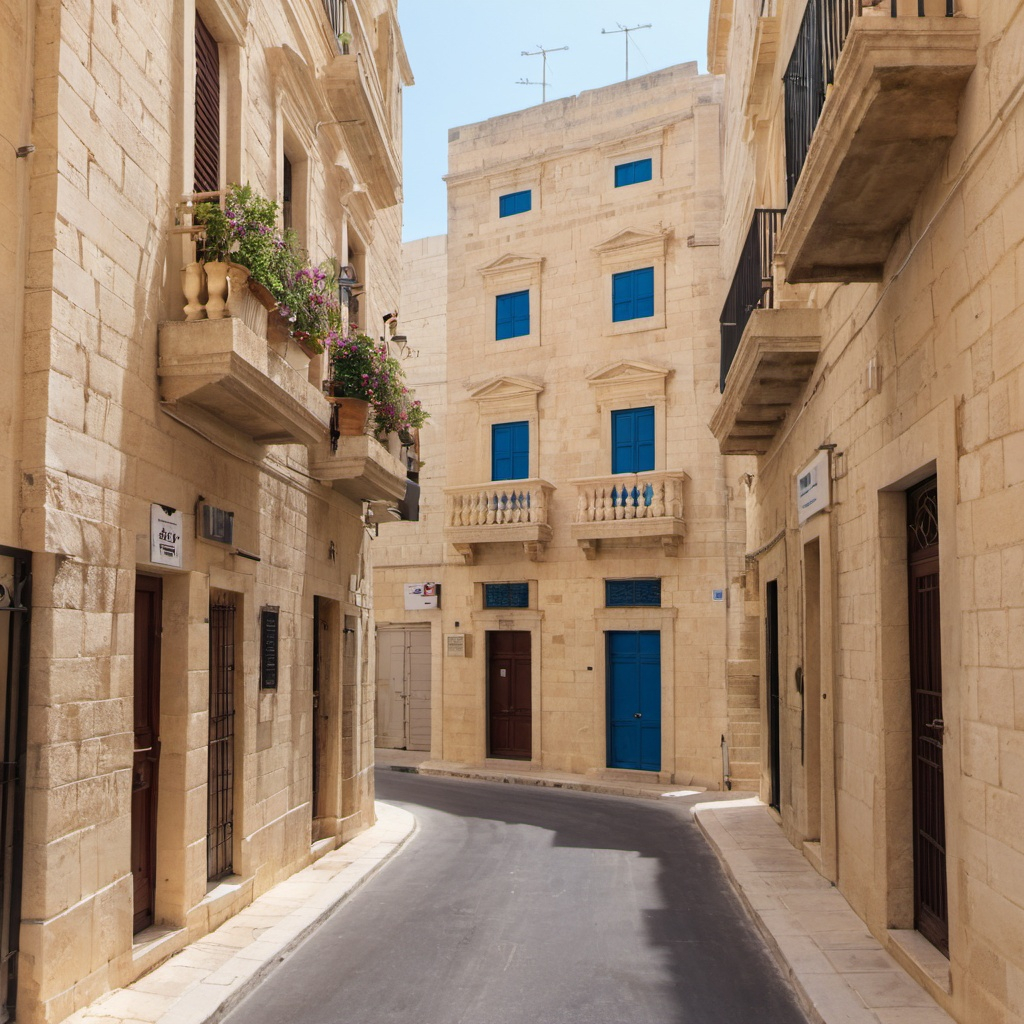Introduction:
Are you a foreigner interested in understanding the compliance and legal aspects of Malta’s cryptocurrency industry? Malta, often referred to as the “Blockchain Island,” offers a regulatory framework conducive to cryptocurrency businesses. In this comprehensive guide, we’ll explore the compliance and legal landscape of Malta’s cryptocurrency field and provide essential information for foreigners seeking to navigate this complex terrain.
Understanding Compliance and Legal Requirements:
Compliance and legal aspects in Malta’s cryptocurrency field encompass regulations, licensing, and adherence to anti-money laundering (AML) and know your customer (KYC) policies. These requirements ensure transparency, security, and accountability within the cryptocurrency ecosystem.
Regulatory Framework in Malta:
Malta has established itself as a leading jurisdiction for cryptocurrency regulation, with the enactment of the Virtual Financial Assets (VFA) Act and the Innovative Technology Arrangements and Services (ITAS) Act. These laws provide a comprehensive framework for the regulation of cryptocurrency exchanges, wallet providers, and other crypto-related businesses.
Compliance Obligations for Cryptocurrency Businesses:
Licensing: Cryptocurrency businesses operating in Malta must obtain the necessary licenses from the Malta Financial Services Authority (MFSA) to operate legally.
AML and KYC Procedures: Cryptocurrency businesses are required to implement robust AML and KYC procedures to mitigate the risk of money laundering, terrorist financing, and other illicit activities.
Reporting Requirements: Cryptocurrency businesses must adhere to reporting requirements, including submitting periodic reports to regulatory authorities and maintaining proper records of transactions.
Taxation: Cryptocurrency businesses and traders are subject to taxation under Maltese tax laws, including income tax, capital gains tax, and value-added tax (VAT).
Legal Considerations for Foreigners:
Work Permits: Foreigners working in Malta’s cryptocurrency industry may require work permits, depending on their employment status and duration of stay.
Contractual Agreements: Foreigners entering into contracts with cryptocurrency businesses in Malta should ensure compliance with Maltese contract law and seek legal advice if necessary.
Intellectual Property Rights: Cryptocurrency businesses and developers should be aware of intellectual property rights and protect their innovations through patents, copyrights, and trademarks.
Resources and Support:
Malta Financial Services Authority (MFSA): Visit the MFSA’s official website for guidance on cryptocurrency regulation and licensing requirements.
Legal Firms: Consult legal firms specializing in cryptocurrency and blockchain law for advice on compliance and legal matters.
Regulatory Updates: Stay informed about regulatory developments and updates through official channels and industry publications.
Copyright Registration in Malta
Trademark Registration in Malta
Legal Firms Specializing in Cryptocurrency Law in Malta
Cryptocurrency Compliance Checklist
AML/KYC Solutions for Cryptocurrency Businesses
Legal Resources for Cryptocurrency Entrepreneurs
Blockchain Legal Services in Malta
Regulatory Compliance Solutions Providers
Cryptocurrency Legal Research Tools
Conclusion:
Navigating compliance and legal requirements is essential for foreigners seeking to engage in Malta’s cryptocurrency field. By understanding the regulatory framework, complying with legal obligations, and seeking appropriate guidance, foreigners can participate confidently in Malta’s vibrant cryptocurrency system.

